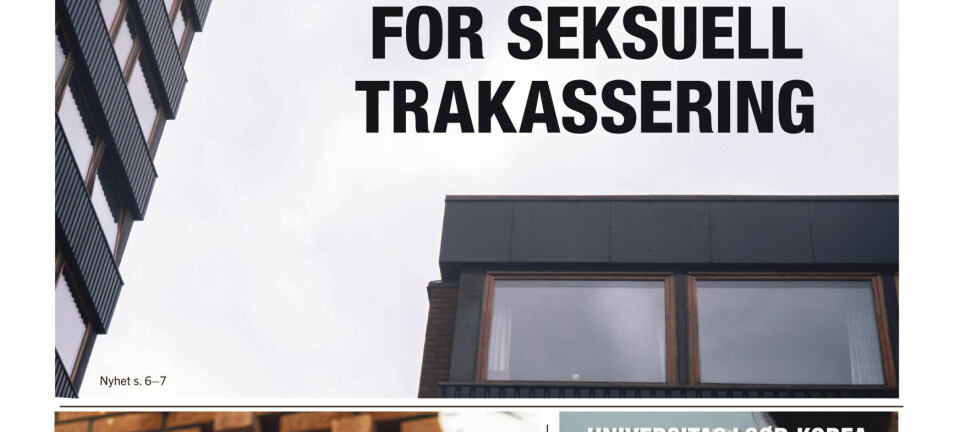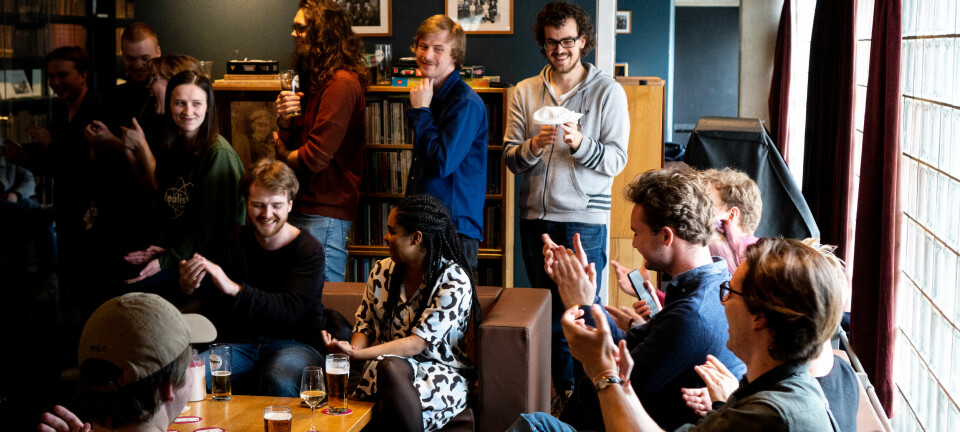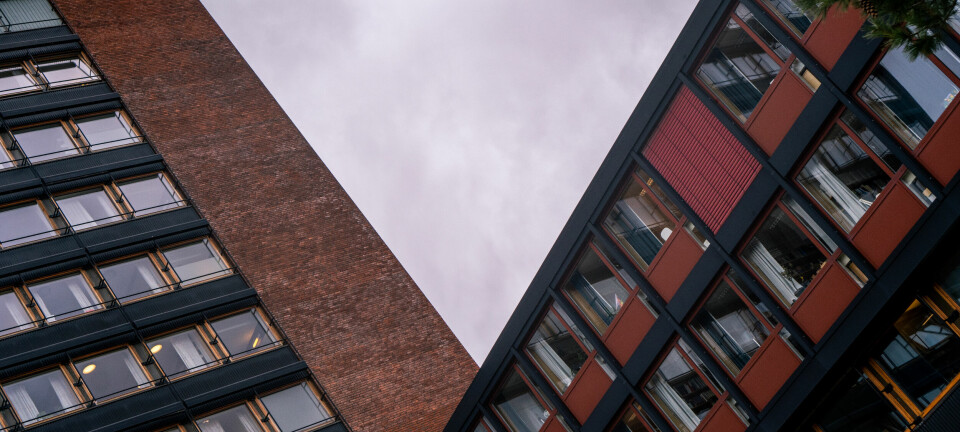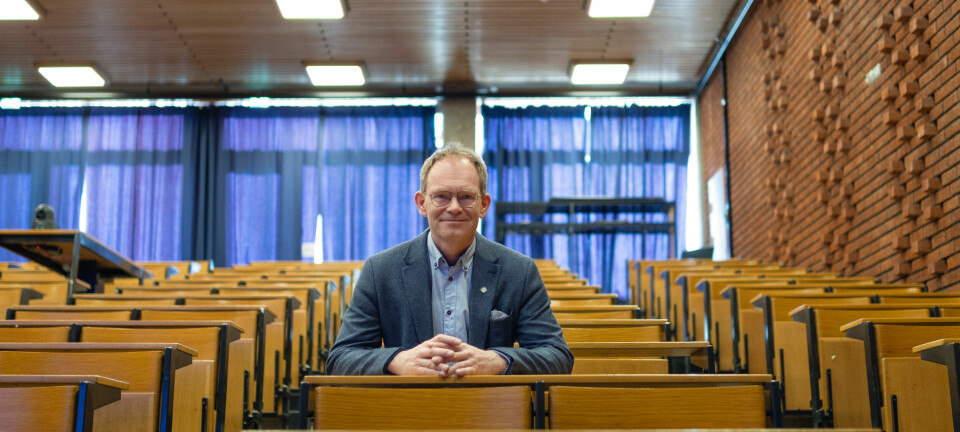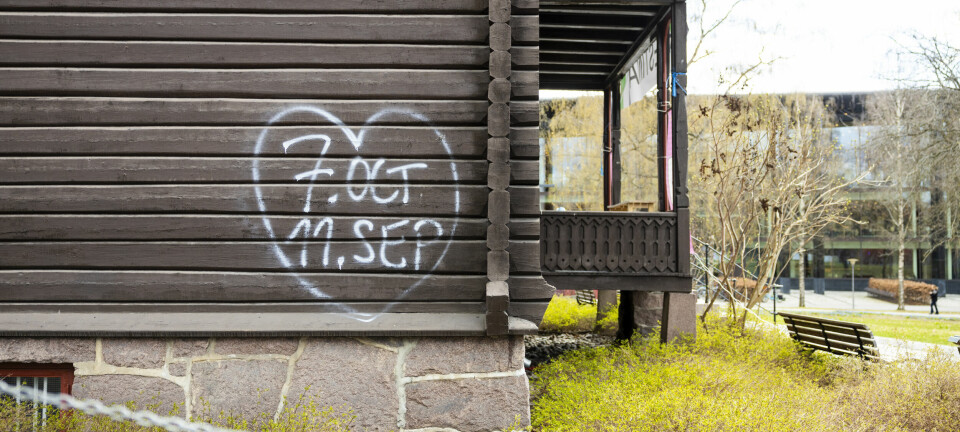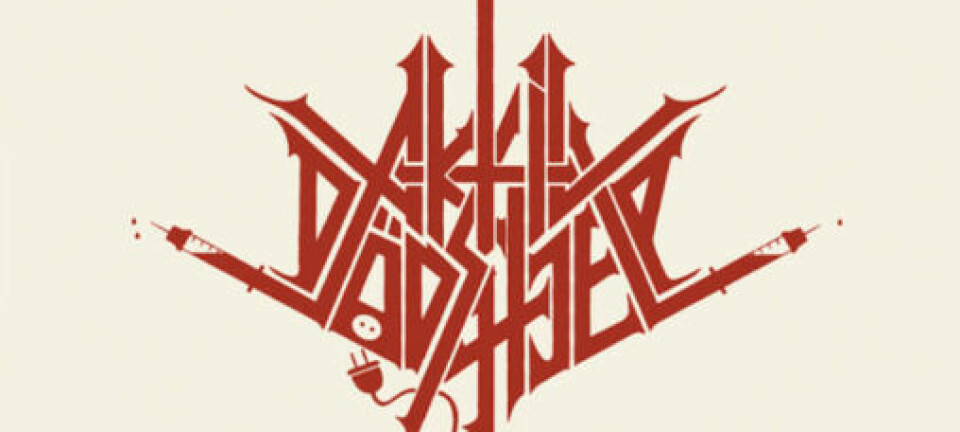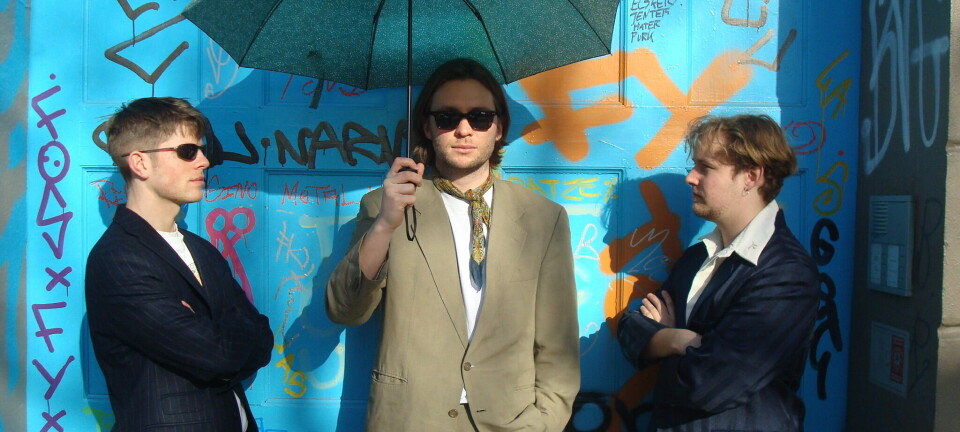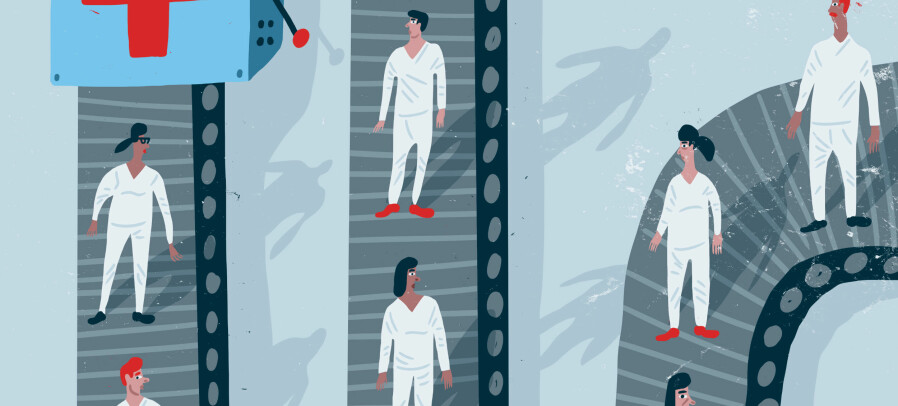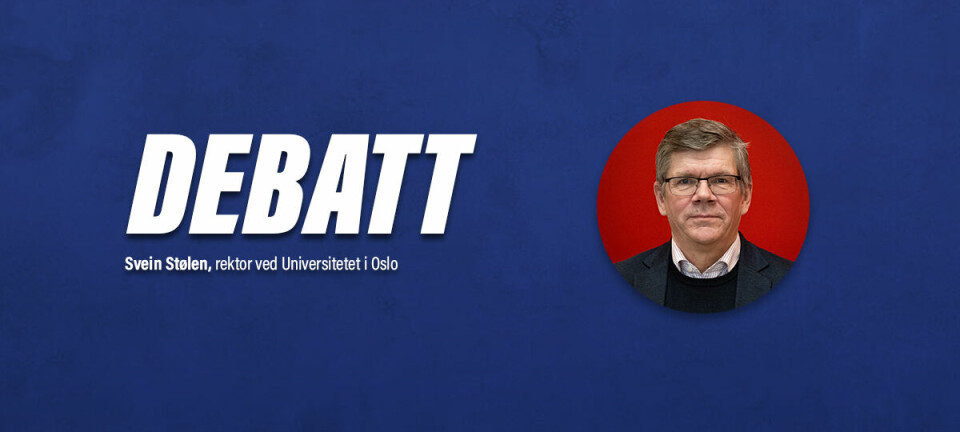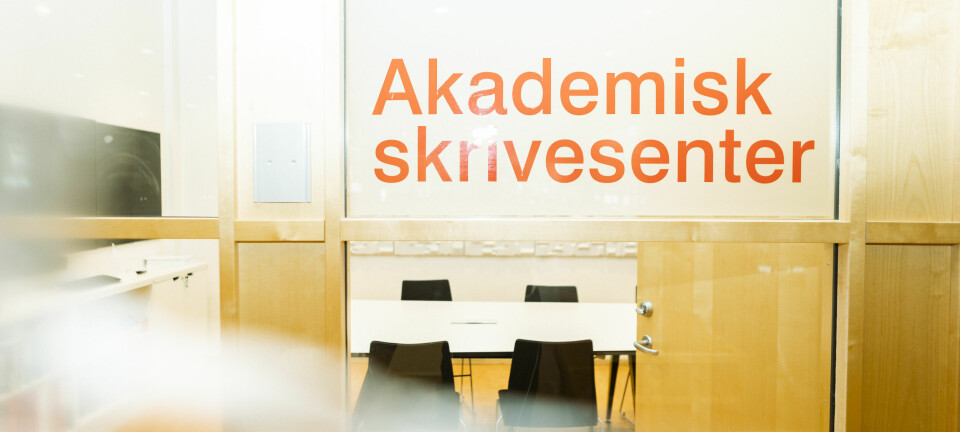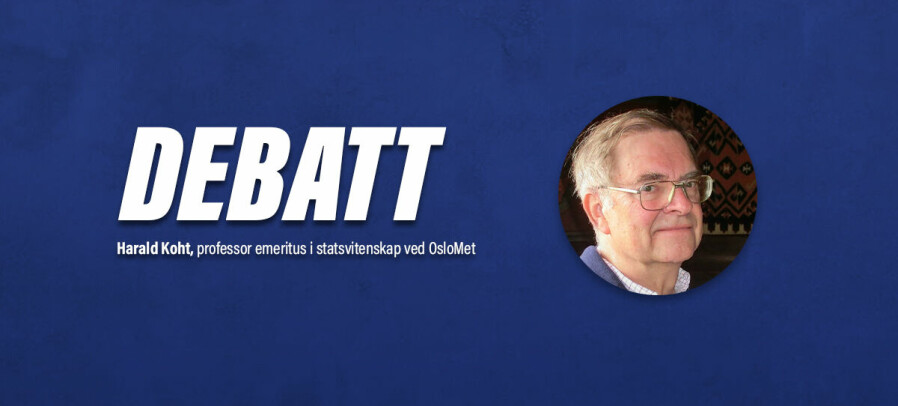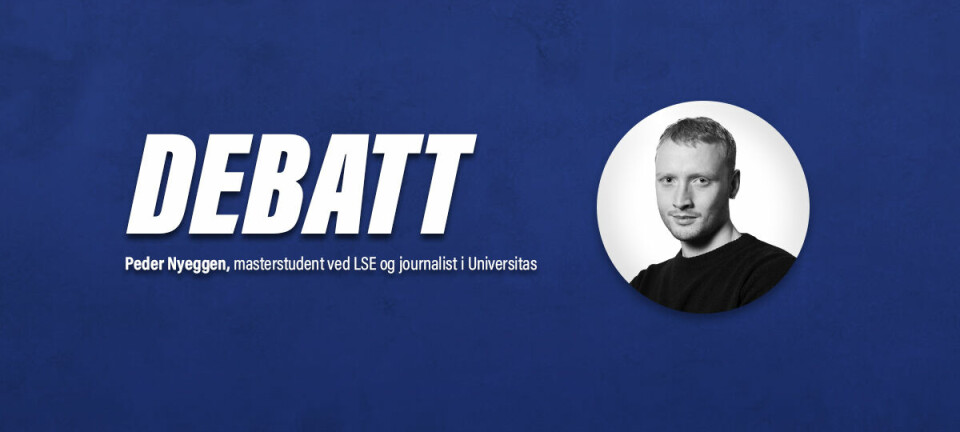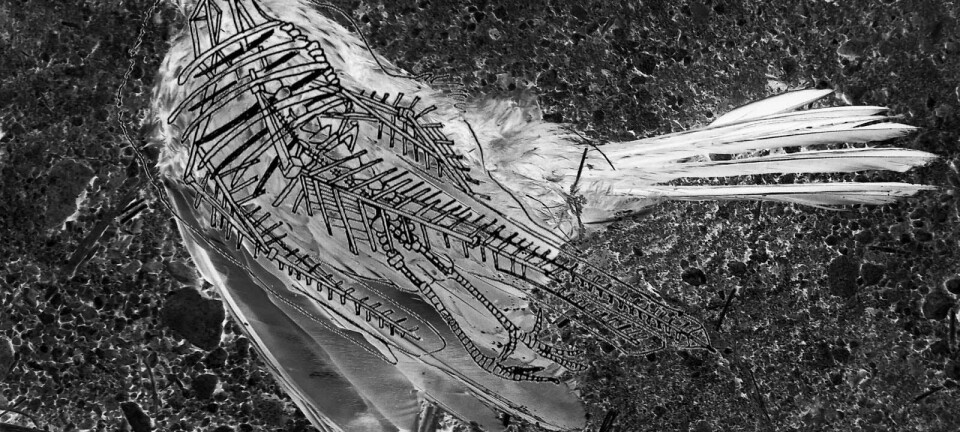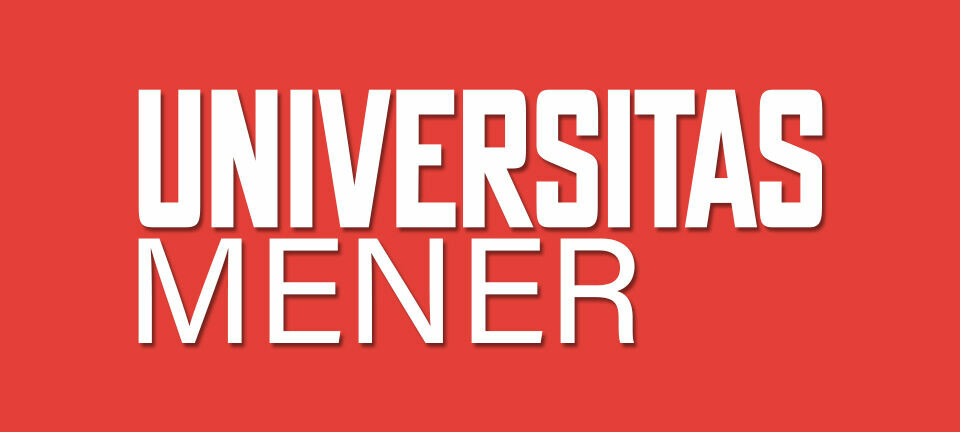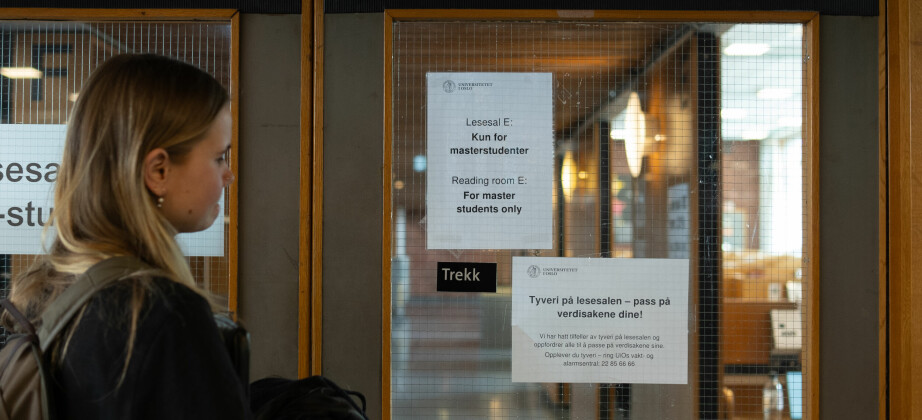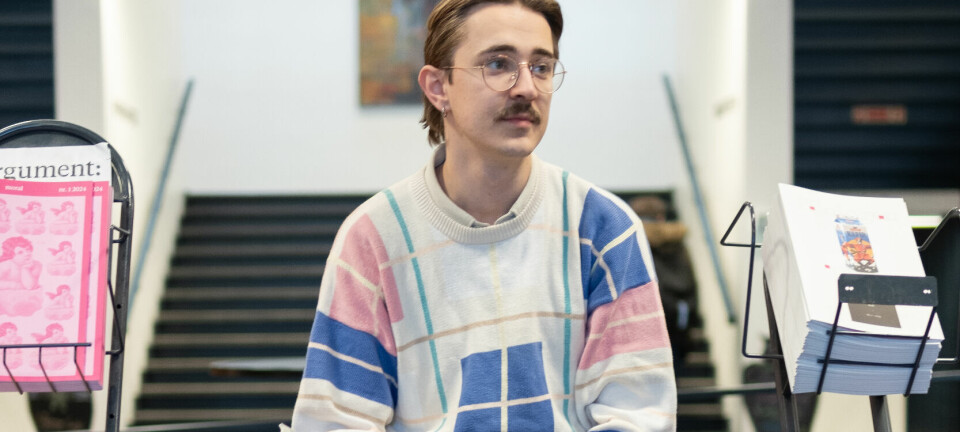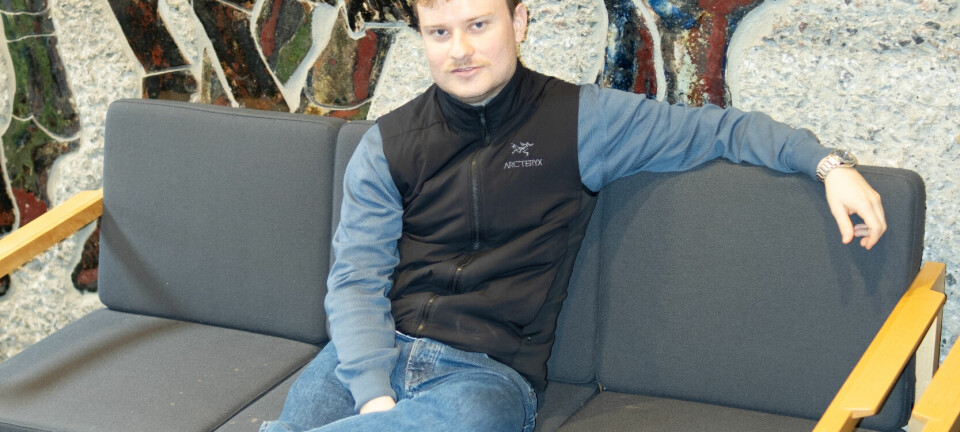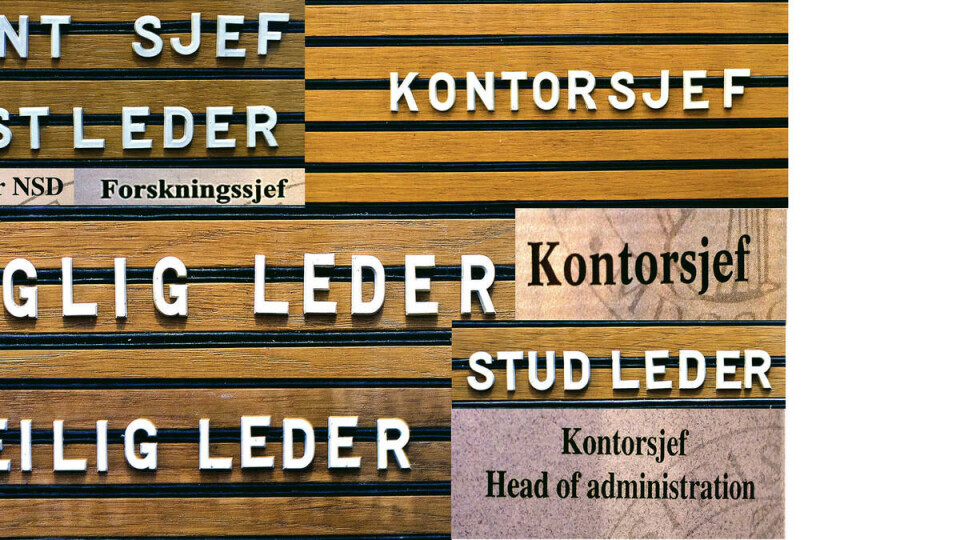
Boom in management positions at UiO
During the course of ten years, administrative leadership positions at UiO have risen by 65 per cent. Trade unions believe that the administration is being prioritized ahead of employees and students.
In 1998, there were 160 leaders and middle managers at the University of Oslo (UiO). By 2008, another 104 management positions have been established. This job category mainly includes heads of department, deputy directors, office managers, heads of section and deans. Compared to the number of professors, there are now 31 administrative managers per hundred professors. In 1998, the number was 21.
– We see everywhere at UiO that the administration is being strengthened, at the same time as employees are being given more and more responsibilities. Hiring more administrative managers is a poor prioritization, when those who are actually doing the work have too much to do, says Ellen Dalen, leader of the Norwegian Civil Service Union (NTL).
A new example of this development can be found in UiO’s information department. Despite the department having a hiring freeze, the administration was strengthened with an assistant communications manager, who is responsible for «contact with the community» among other things. In addition to this, communications manager Siv Nordrum has received a 75 000 kroner pay rise. She will now concentrate on «external information», according to the staff newspaper Uniforum.
– Absurd
Ellen Dalen is provoked by the reorganization.
– It is completely absurd that the communications manager should be given such a large pay rise, at the same time as she is being given fewer responsibilities. Unfortunately, this strengthening of administration is representative for the whole university.
The information department feels that their actions are justified.
– There is a completely different kind of pressure on the university administration now compared to previously. It has proved necessary for the communications manager to assist the administration with external communications at all times, states Bjørnar Sarnes, head of administration at UiO’s information department.
– It seems as if the communications manager and her assistant have very similar responsibilities?
– It is not correct to say that the assistant communications manager is responsible for contact with the community. The duties connected to this position are mostly concerned with internal work relating to academic communication and other academic matters, Sarnes says.
A university scraping the barrel
Increased management costs are arising in a time when all faculties have had to make cuts to the curriculum. Universitas wrote on the 5th of November that the Faculty of Law would be admitting fewer students, the Faculty of Social Sciences will be cutting down on seminars, and all other faculties will also be noticing cuts.
– It is strange, to put it mildly, to increase administration costs, considering the current financial situation we are in. We are talking about seminars being cut and students being given poorer arrangements with regards to exam marking, says Heine Skipenes, leader of the Student Parliament.
He finds it an unfortunate trend that management positions are being established for very small sections.
– It seems as if management positions are being made without there actually being anything to manage, says Skipenes, who believes that this is a way of pushing wages upward.
Kristian Mollestad, leader of the Norwegian Association of Researchers (NAR) at UiO, is also worried.
– NAR is very skeptical to an increase in managerial positions. There is way too much reporting and control in the sector, right down to the individual level, and it can be seen as a kind of mistrust towards researchers. Also, it is a huge strain on resources, both human and financial, and I do not believe that it pays off, Mollestad says.
– No proof that it pays off
Mollestad also believes that administrative tasks are being prioritized ahead of academic work.
– Administrative positions are usually established because you think «this is something we are obligated to do», whereas academic positions are easier to do away with. It seems as if the administration forgets that we are also obligated to teach and research, Mollestad says.
Dalen thinks it important that this matter does not turn into a battle between administrative and academic staff.
– I do not support the bureaucratization, but it is not the bureaucrats themselves who are the problem here. It is the increase in administration and the idea that the whole operation can be controlled that is problematic. It costs a lot of money, and we have never seen any proof that using so many resources on management and control pays off. It has not been an issue, Dalen says.
Larger workload
Rector Geir Ellingsrud thinks that the increase in management positions is defensible.
– Deans and heads of department have been given more responsibilities in connection with uniform administration. The Quality Reform increased the workload as well, and most faculties hired their own sub-deans, responsible for teaching.
– But has UiO become any more effective as a result of this boom in management position?
– It is my impression that we can stand our ground on the research front in a way that we could not 15 years ago. There are of course many reasons for this, but I believe that a good administrative structure has played an important part, Ellingsrud says.
– It costs a lot of money to have such an extensive administration system. Is a strong administration a priority for the university?
– Nothing is as expensive as a catastrophe, for example with regards to being in control of finances. This is why we prioritize a strong administration, Ellingsrud says.
Used to be secretaries
Assistant university director Tove Kristin Karlsen points out that administrational costs also have to be reduced due to the university’s lack of funds.
– The central administration has cut 10, 5 million kroner this year, so we do not agree with the claim that we are prioritizing administration and leadership ahead of research.
– Yet you still prioritize pay rises and a strengthening of the administration in the information department?
– The communications manager has multifaceted responsibilities, and in order for this person to be able to carry out their duties satisfactorily, a head of section position was turned into an assistant communications manager position, after requirements were carefully considered. I cannot comment on the pay rise given to Nordrum, Karlsen states.
Nordrum herself did not reply to Universitas’ repeated inquiries on Tuesday.
Kristian Gundersen, professor of molecular biosciences and leader of Academic Forum, a debate forum for university employees, claims that the increase in management leads to increased demands on regular employees.
– I think that there is a natural connection between more administration and more bureaucracy for employees. All the administrative managers have to have something to do, and the result is that employees must report more to their superiors, Gundersen says.
He now fears for the recruitment for academic positions at UiO.
– The university has gone from being a service institution for students and academic staff, to being a controlling institution. Before we had secretaries, now they have been replaced with bosses. Academic staff have been deprived of their freedom and independence, and at the same time the administrative burden has increased. Fundamentally, UiO should be run from the bottom up, and we are now experiencing difficulties recruiting students who wish to research due to this lack of freedom, Gundersen says.
